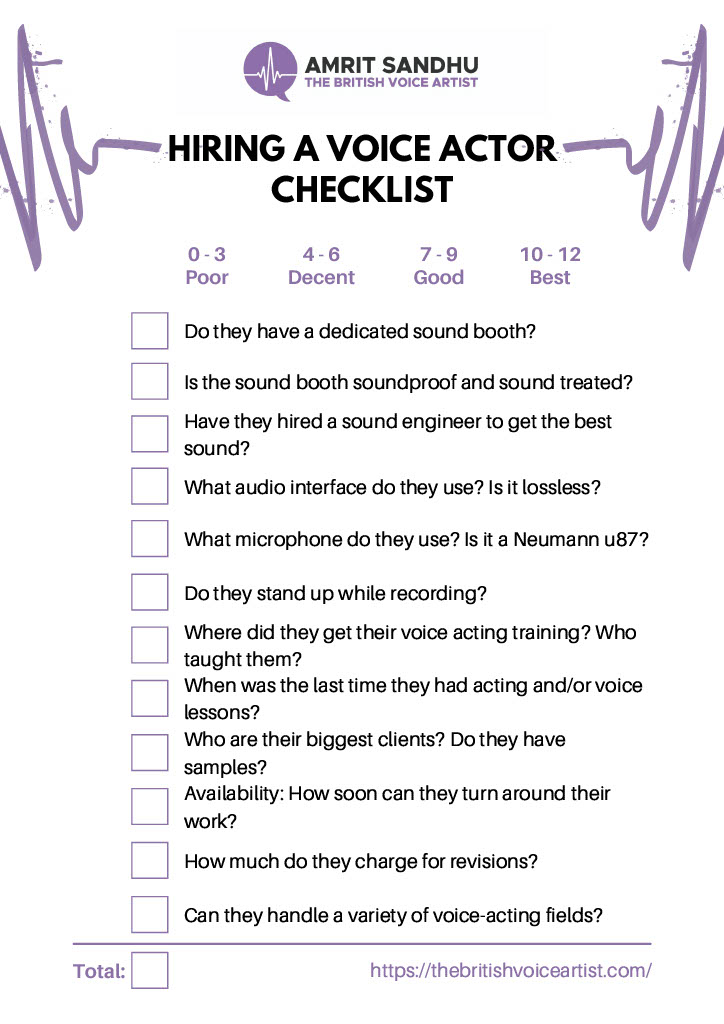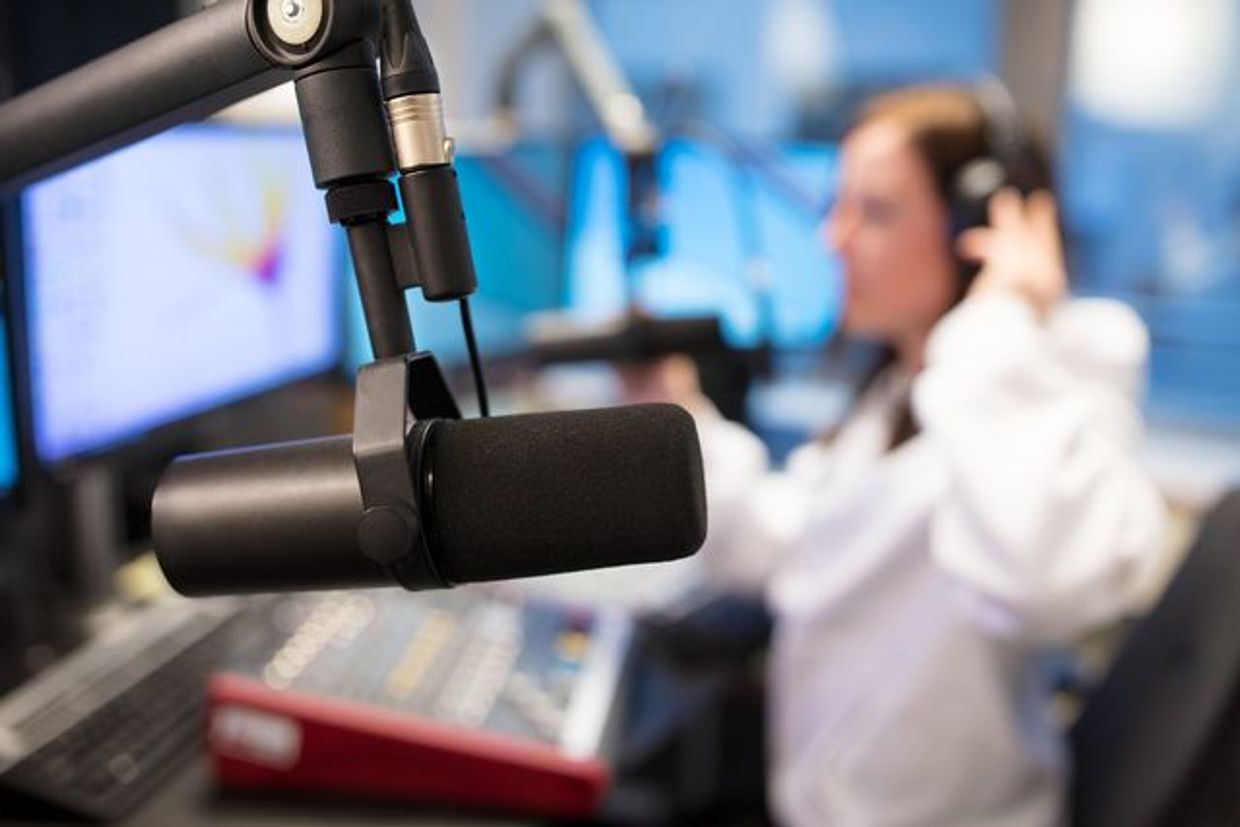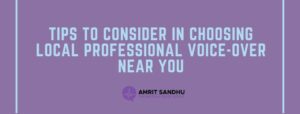Voice actors are talents that can give the perfect voice that you need. However, not all voice actors are made the same. The voice actor with the most experience does not mean that they are the right voice actor for you.
So, you need to ask some questions and look into a prospective voice artist before you start hiring one. Here is a list of things you need to know before you hire a voice actor.
Ask for Demos
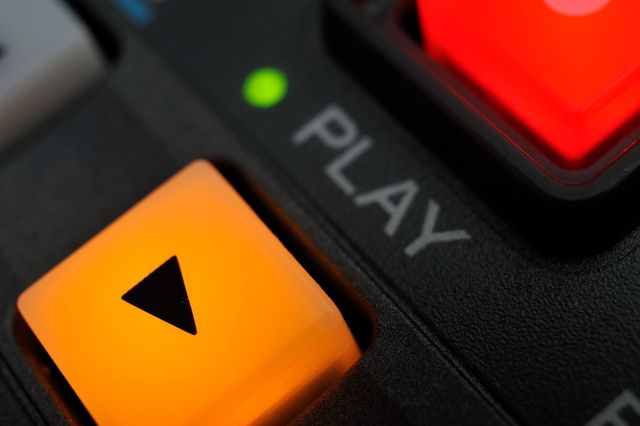
While this may seem obvious, this is one of the first things you should do when you search for a voice actor. Reputable voice actors will likely have a huge array of demos in their arsenal. An experienced voice artist ought to also have proven work from past voice actor jobs.
Preferably, they will have a variety of voice-acting demos available. A professional voice artist will know they need an array of demos to show to clients. That way, they can show you their whole skillset before you hire them.
Find Out What They Can Do
Voice actors are actors. Not every actor can handle the role you need them to do. While there are a few talented and versatile voice actors who can handle anything you throw at them, that does not mean everyone will reach that standard.
Even if the actor has a fantastic voice, they need to deliver the script properly. For instance, a typical narrator may not be able to handle an announcer-type script. Similarly, a voice actor who is used to doing scrips for product commercials may not be able to handle a narrator-type script.
Moreover, finding out what they can do will help you learn if they can be a long-term voice actor for you. You can ask them if they can do various styles, accents, etc. That way, they can handle a whole array of work from you, and you will not have to look for multiple voice actors.
This is why asking for demos from a voice actor is crucial. Even if your prospective voice actor has a ton of experience, it may only be in one field of voice acting.
Know What You Want
Even if you get an extremely talented voice artist, you may not get good results if you can’t tell them what you want. You need to figure out exactly what you want from your script and audio. That way, your voice actor will be able to deliver the script perfectly.
It will be frustrating for both you and the voice actor if they keep redoing the lines. Saying the words, “It just doesn’t sound right,” without any other instruction will confuse the actor. Moreover, it will take much longer to get the audio.
Try to get some audio samples that are similar to what you want. Ask the voice actor if they have a sample or demo that they can show you that is similar to that. That will help you get a good look at their capabilities and if they can get the job done for you.
Do They Have a Dedicated Recording Studio?
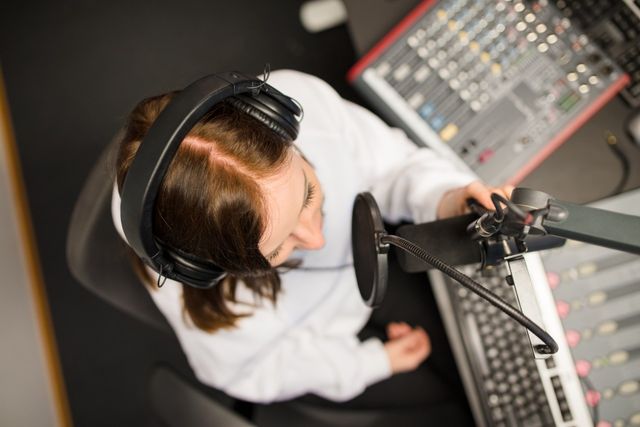
A professional voice actor will have invested a big sum into their recording studio. Experience voice artists will know that their recording studio matters a lot in their craft, so having a dedicated recording booth is a must. There are a few things you can ask them if they have a personal recording studio.
Firstly, is their booth soundproof? A properly soundproofed studio will prevent any external noises from being in the recording.
Secondly, it needs to be sound treated. Soundproofing alone does not guarantee good audio because the room can echo. Therefore, it needs to get sound treated to prevent echoes.
However, you do not want all reflections of sound to be removed – otherwise, the audio will sound dead. So, a voice artist will need acoustic panels to allow some sound echoes to reflect to enhance the overall audio.
It would also be key to ask a potential voice actor is if they have ventilation in their recording booth. With all the soundproofing and sound treating panels, it can get quite hot without proper ventilation. What’s more is that it cut oxygen, impacting the way they deliver lines.
Moreover, having their own studio means that they can produce audio for you whenever you want. Some voice actors may need to rent a studio to record their work, making it take longer to get the content you need.
I myself use the WhisperRoom, a full booth that is fully sound-proofed. I also have GIK acoustic panels to allow some echoes. Plus, I’ve got a ventilation system to ensure that I have enough airflow, allowing me to deliver lines any time.
Do They Have a Sound Engineer and Proper Equipment?
Even professional voice actors need the help of sound engineers. A sound engineer is in charge of controlling sound levels, microphone settings, outputs, etc. A sound engineer has excellent knowledge regarding acoustics, which allows the voice artist to produce the best audio possible.
An experienced will also need the proper equipment in their sound booths. Firstly, they need a decent microphone, as it is an integral piece of equipment to produce any work. I personally opt for the Neumann u87 AI mic, which is also the favorite microphone of most recording artists, announcers, etc. This mic has been around since the 1950s, making it a staple for most artists and recording engineers.
You also ought to ask if the voice actor has the right equipment. You can ask them: Is it thunderbolt with lossless sound conversion? If the answer is yes, this means that it can preserve all the sound. For example, I have the Apollo Twin which converts analog voice to digital, utilizing lossless conversation for maximum sound quality.
Channel strips are also another must, and a sound engineer will be in charge of fine-tuning them. A channel strip is an efficient way to handle the whole mixing workflow, which includes compression, EQ, etc.
Moreover, excellent and the latest software is a must to edit, mix, restore, and create audio content. The ones I like to use are Izotope and Adobe Audition, which are some of the best software available.
However, it is crucial that they have a proper recording booth. Even with the best equipment, you can wind up with poor-quality audio without a recording booth. For instance, a high-quality microphone can pick up the smallest of sounds. So, a regular recording without a soundproof and sound-treated room will have all sorts of external sounds that interrupt the audio.
Do They Sit or Stand While Recording?

While it may surprise you, but the position and posture of the voice actor are important to take into account. Improper posture can cut airflow, making it more difficult to deliver lines. It would be best if the actor stands while recording because it lets them get the most out of their bodies. Plus, it encourages them to keep their backs straight, allowing maximum use of their voices.
Do They Continuously Invest in Their Craft?
Any voice artist will know that there is always room for improvement. No matter how much experience the artist has, continuously investing in the craft means that they truly care about what they do.
Firstly, you can ask if they have acting lessons. Voice actors are actors, and they tell stories through their voices. So, they will need to have had or continue to have lessons to improve their performance. You can also ask who trained them to see if they got their lessons from reputable actors.
Next, you need to ask them: Do you constantly invest in your craft, and how do you improve your voice acting skills? It is easy for anyone to answer “Yes,” to the first question, so you need to ask them how they do it. Do they still continue voice lessons, do they study the art? These questions will also give you some insight into how open to critique they are.
Look into Their Past Clients
If your prospective voice actor calls themselves a professional, then they need the proof to back it up. Ask them for links to any released public work that they have done. If they have done work with big-name brands, that is another bonus for you.
What Kind of Files Do They Send?
While this may seem like an odd question, it can help you learn if a potential voice actor is a true master of their craft. You need to find out what kind of files do they send: Mp3 or Wav?
Mp3 is a common type of file, but it is smaller and more compressed. Wav has higher quality, but it is a bigger file. Personally, I send both files to accommodate my client’s needs.
Do They Master the Recording?
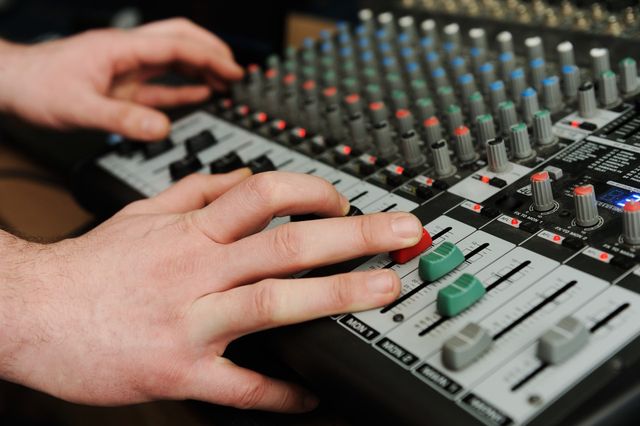
Finally, you need to ask if the voice artist masters their recordings. Mastering a recording improves the overall recording by removing background noise and other unwanted sounds. Moreover, mastering a recording involves applying de-esser, EQ, normalization, etc. Again, this is why a sound engineer is a must for voice actors as many sound engineers will help master the recording.
Here’s a final checklist that you can download to help you hire the best voice actor:
